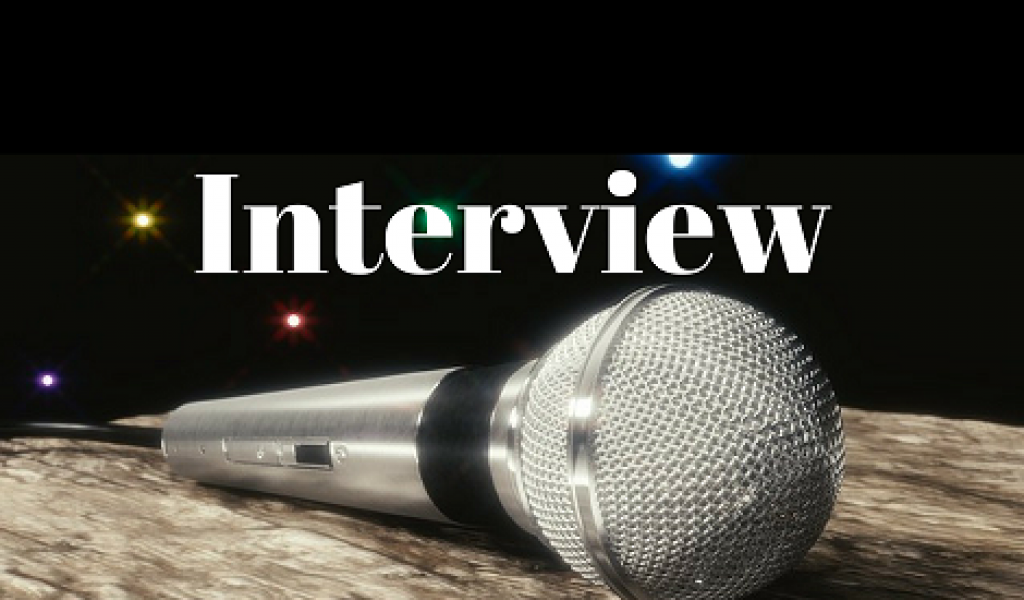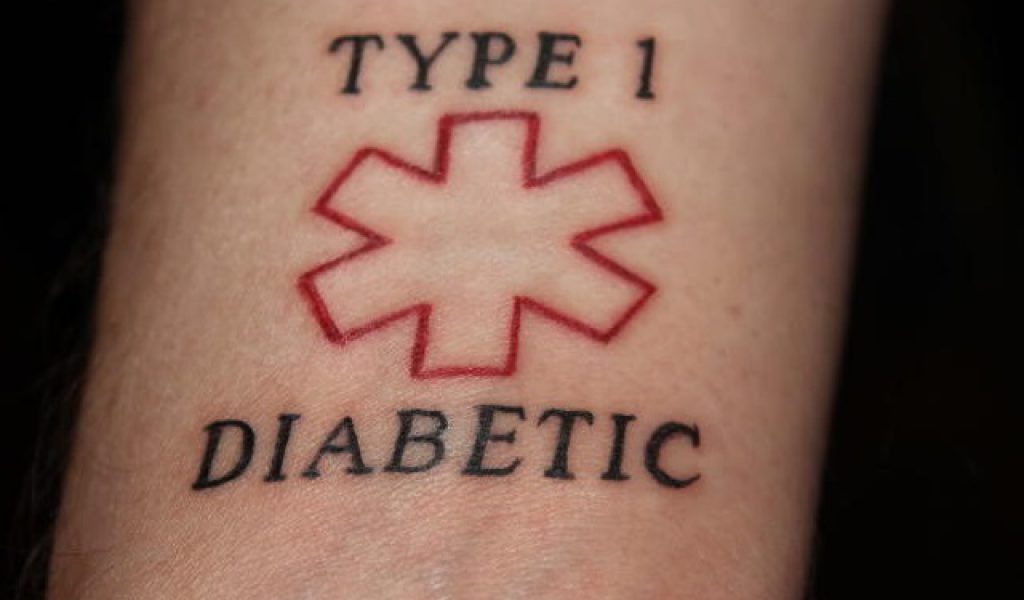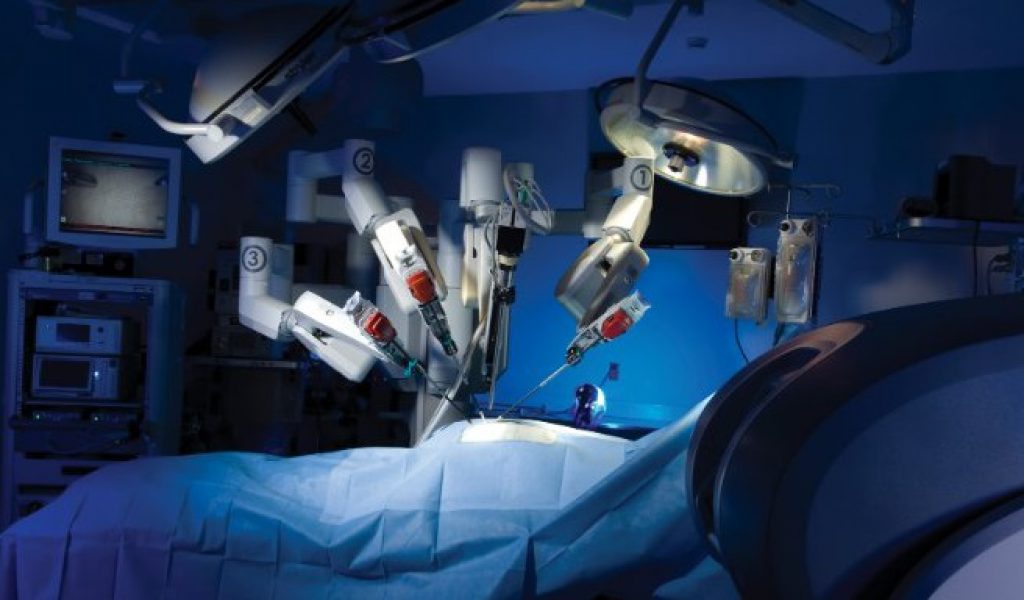Traffic pollution may help to reduce HDL cholesterol
A wealth of studies have suggested a link between exposure to air pollution and a greater risk of cardiovascular disease. But according to an epidemiological study, adults who were exposed to traffic-related air pollution had lower levels of high-density lipoprotein (HDL) cholesterol that could increase their cardiovascular disease risk.
For the new research, lead author Griffith Bell, Ph.D., of the University of Washington School of Public Health in Seattle, and colleagues studied 6,654 adults and found people exposed to higher levels of fine and ultrafine particles in traffic pollution tended to have lower levels of HDL cholesterol in their blood.





